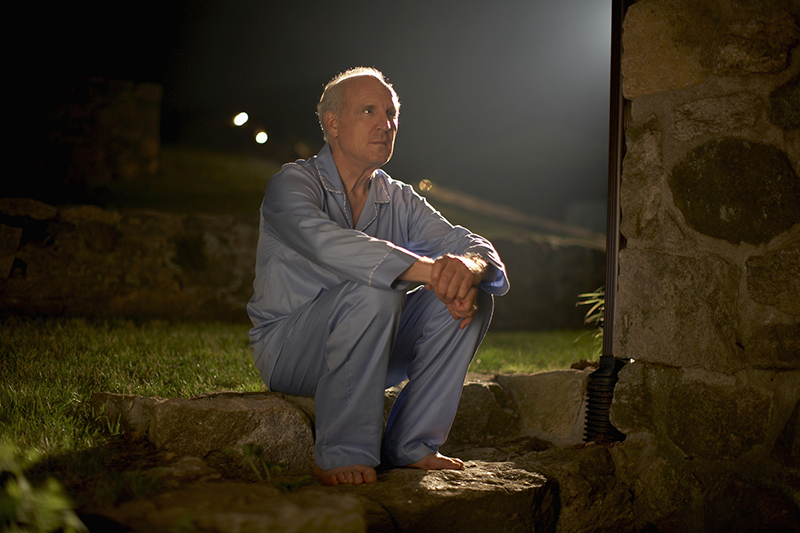
Sundowning in dementia patients is not uncommon and can be managed by following some easy steps.
As the sun begins to set, the majority of us can relax after a long day and prepare for a peaceful evening to unwind – unless of course you are providing care for someone with dementia. Sundowning, or sundown syndrome, is a frequent occurrence in Alzheimer’s disease along with other types of dementia, and will result in restless, sleepless nights of anxiety, disorientation, confusion, and agitation – for several hours as the sun sets, or on occasion even for the whole night.
The exact cause behind sundowning in dementia patients is not fully understood, but contributing factors can include:
- A disruption in the older adult’s internal body clock
- The need for less sleep
- Medication side effects
- The lack of ability to differentiate reality from dreams, resulting in disorientation
- Mental and/or physical exhaustion and fatigue from a challenging day
Try these guidelines to help minimize or prevent the effects of sundowning:
- Before the sun sets, close drapes and pull down window shades, so that the senior can’t see the darkening sky – and, be sure there’s an abundance of light throughout the residence.
- Try to schedule the older adult’s day to incorporate a lot of activities and discourage late day napping.
- Switch to calming, soothing activities at the end of the day. Turn off the television, play peaceful music, and offer the senior a cup of warm herbal tea or milk.
- Pay attention to the senior’s eating habits throughout the day, limiting caffeine and sweets to the morning hours and serving an earlier dinner.
- Consult with the senior’s doctor for advice and also to confirm there are not any underlying physical conditions contributing to the problem, such as incontinence or any other bladder issues or anything causing physical pain. The physician may suggest a medication for the older adult to relax in the evening.
If, in spite of these tactics, your loved one continues to be agitated and is staying awake during the nighttime hours, there are steps you can take to help. To begin with, remain calm and avoid arguing or getting into drawn-out conversations. Simply provide reassurance that the senior is safe and everything is ok. See if there is something your loved one needs, and after responding to any specific concerns, gently remind the senior of the time, and recommend getting some rest. Your loved one might also feel more comfortable in a new sleeping environment, such as in a favorite chair or guest bedroom, utilizing nightlights or other indirect, soft lighting.
The highly trained and experienced dementia care experts at Absolute Companion Care offer a great solution to sundowning or other challenging behaviors. We’re available to take the night shift and help seniors engage in comforting and enjoyable activities when sleep eludes them, enabling family caregivers the chance to receive the rest they need. We even provide around-the-clock, live-in care to ensure older adults are safe and well cared for any time of day.
As one of the most trusted providers of home care services in Towson and the surrounding areas, we’re here to help. Give us a call at 410-357-9640 any time and let us put together a customized plan of care to meet your particular needs, and improve quality of life for a senior you love.
